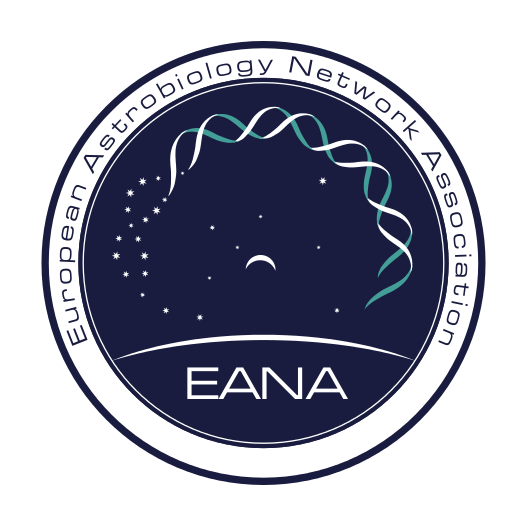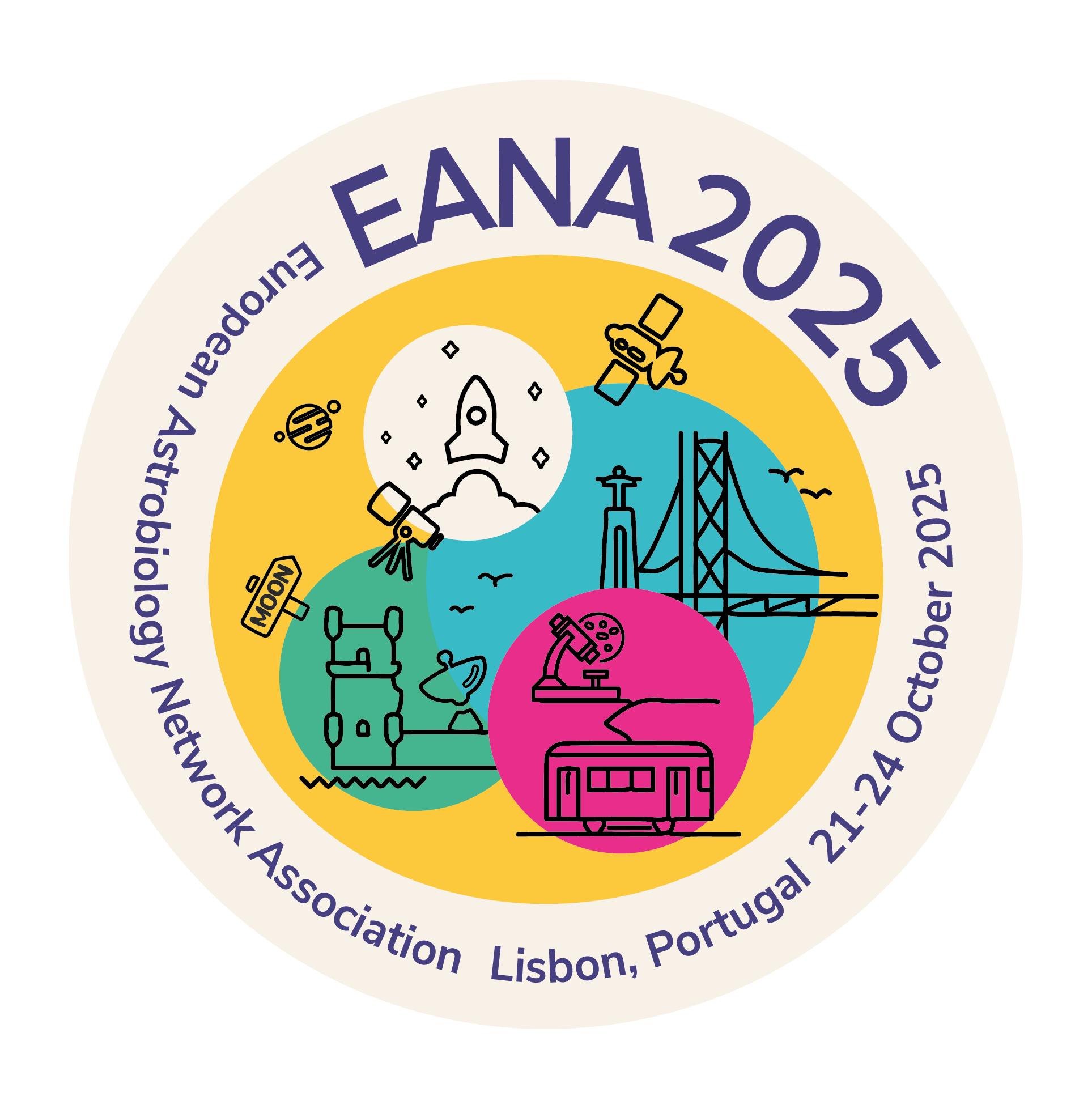 |
Abstract EANA2025-185 |

|
Advances on Fungal Research for Sustainable Space Habitats: From Fungal Biomining to Bag-Bioreactor Cultures
Astronauts on the ISS still depend on cost-intensive resupply missions from Earth to bring food and material resources, making it highly impractical to bring all the needed supplies in long-term space missions to the Moon or Mars. Because of this, international efforts to advance human space exploration require advances in In Situ Resource Utilization (ISRU), sustainability, and circular bioeconomy. Here I present our advances of fungal research for sustainable space habitats tackling fungal biomining of Moon regolith, fungal culture hardware in space, low-resource media for fungal cultures, and integration of fungal cultures in closed-loop bioregenerative life-support systems. Our results demonstrate the successful biomining of a lunar soil simulant EAC-1A utilizing the fungus Penicillium simplicissimum. EAC-1A is a non-toxic analog, similar in composition and abundance to the soil samples from the Apollo17 mission, which is being used as the main material at the European Lunar Exploration Laboratory (LUNA) facility to prepare astronauts for future Moon exploration missions. This research was performed in collaboration with the German Aerospace Center (DLR) and ESA’s European Astronaut Center (EAC). We developed a low-resource space-waste media that enables fungal growth and production of organic acids - key compounds for biomining and other biotechnological processes. We have validated the use of bag-bioreactors for Aspergillus niger cultures in a space habitat context. Bag-bioreactors are promising culture hardware for space applications, as they allow for safe and easy handling (sterile sampling, no leakage) and their gas-permeable material facilitates metabolism and growth. These bag-bioreactors have successfully flown on board the ISS with microalgae (SpaceX CRS-15) and yeast (Micro-14/FEP, SpaceX CRS-17) safely around the moon aboard Artemis I. Metabolic analysis was performed of Aspergillus niger grown in bag-bioreactors under simulated microgravity (LEO 0g), using the Clinostat (Modified IKA Roller), which provides a functional simulation of partial gravity by continuously rotating samples around the horizontal axis. Ongoing research encompasses a comprehensive characterization of Aspergillus niger - the model organism for Earth’s biotechnology - assessing its biocompatibility and resistance to Moon and Mars regoliths and growth in partial gravity. Lastly, to achieve the ultimate goal of a sustainable closed-loop bioregenerative life-support, we have explored the use of cyanobacteria as a feed-stock for fungal cultures, taking the first step for integrating fungal cultures with an oxygen-producing system via recycling of cyanobacteria biomass.
